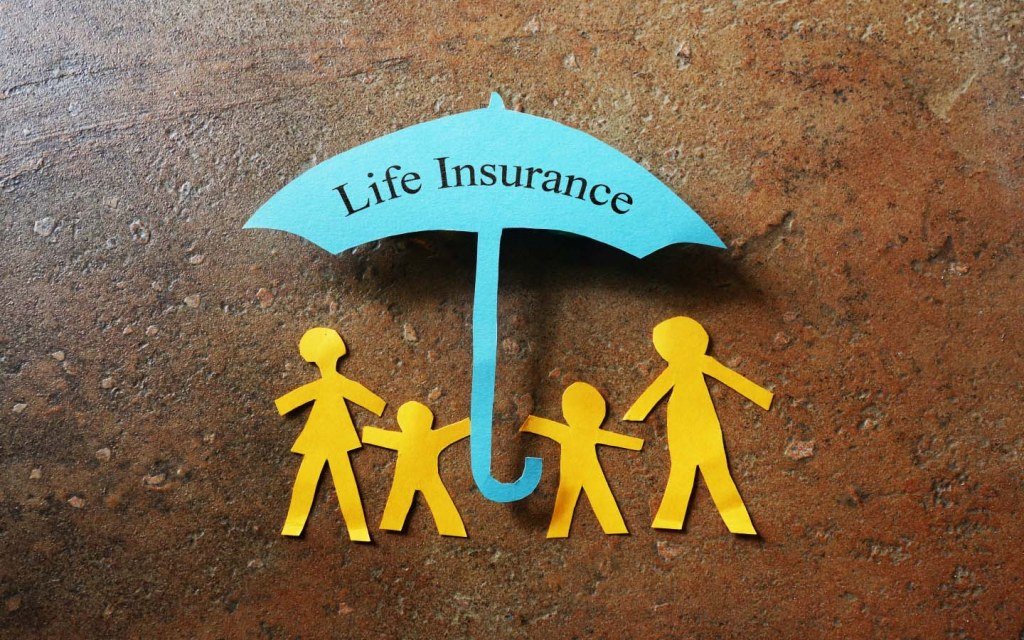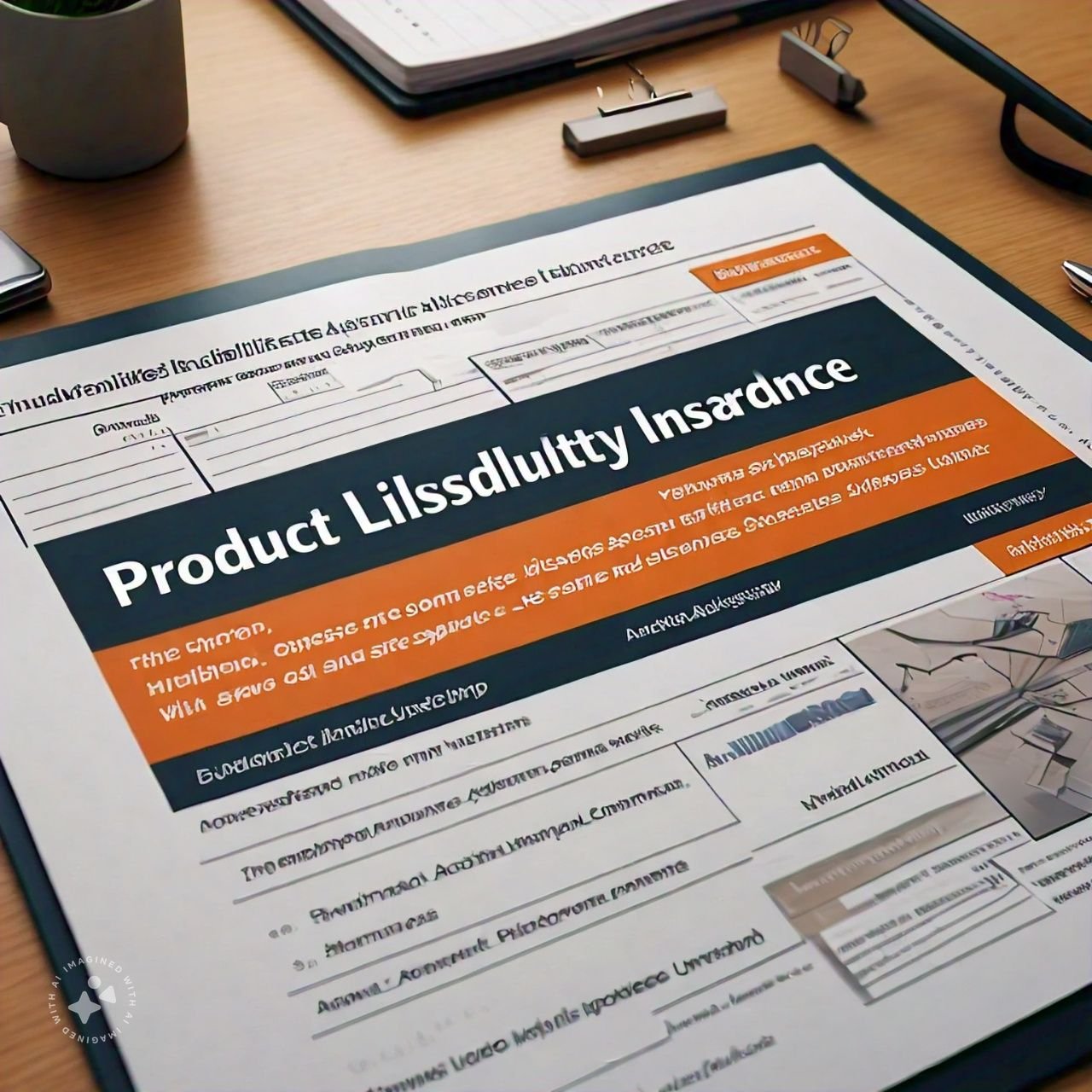Understanding Life Insurance: A Comprehensive Guide
A vital component of financial planning is life insurance, which offers your loved ones security in the case of your death. It is crucial to comprehend the many kinds of life insurance plans that are out there, how they operate, and how to pick the best one for your requirements.
What is Life Insurance?
Life insurance is a contract between an insurance company and a policyholder, where the insurer guarantees to pay a sum of money to one or more named beneficiaries when the insured person dies. In exchange, the policyholder pays premiums to the insurer during their lifetime.
Key Takeaways
- A life insurance policy is a legally-binding agreement that guarantees the policyholder a death benefit in the event of the covered person’s passing.
- The policyholder’s life insurance coverage will only be active if they pay an initial premium and subsequent payments on a regular basis.
- The policy’s death benefit will be paid to the designated beneficiaries upon the insured person’s passing.
- Policies for term life insurance expire after a predetermined number of years. Until the insured individual passes away, ceases making premium payments, or surrenders the policy, permanent life insurance plans are still in effect.
- The quality of a life insurance policy is contingent upon the financial stability of the issuing life insurance company.
Types of Life Insurance
Term life insurance and permanent life insurance are the two main categories of life insurance.
- Term Life Insurance: This kind of policy offers protection for a predetermined amount of time (e.g., 10, 20, or 30 years).It’s often less expensive than permanent life insurance and is suitable for people who need coverage for a specific period, such as until their children are grown and self-sufficient.
- Permanent Life Insurance: This type of policy provides lifetime coverage and typically includes a cash value component that grows over time. It’s more expensive than term life insurance but offers a guaranteed death benefit and a cash value that can be borrowed against or used to pay premiums.
Factors Affecting Life Insurance Premiums
Several factors can affect the cost of life insurance premiums, including:
- Age: Your insurance rates will increase with age.
- Gender: Women tend to pay lower premiums than men of the same age.
- Smoking: Smokers pay higher premiums due to the increased risk of health problems.
- Health: Poor health can lead to higher premiums or even denial of coverage.
- Lifestyle: Engaging in risky activities, such as skydiving or racing, can increase premiums.
- Family Medical History: A history of certain medical conditions in your family can increase premiums.
How to Buy Life Insurance
To buy life insurance, you can:
- Contact a local insurance agent or broker
- Look for online marketplaces that offer products from several insurers
- Contact the insurance company directly
When choosing a policy, consider the following:
- Financial Stability: To be confident a firm can pay claims, pick one with a high financial rating.
- Customer Service: Find a business that has a solid reputation for providing excellent customer service.
- Policy Features: Consider the types of riders and features offered, such as accelerated death benefit or long-term care riders.
Benefits of Life Insurance
Life insurance provides several benefits, including:
- Tax-Free Death Benefit: The death benefit is generally not subject to federal income tax.
- Financial Security: Life insurance can provide a safety net for your loved ones, helping to pay off debts, cover living expenses, and fund final expenses.
- Cash Value: Permanent life insurance policies can accumulate a cash value over time, which can be borrowed against or used to pay premiums.
Who Needs Life Insurance?
You may need life insurance if:
- You are responsible for others, like your spouse or kids.
- You owe money on things like a mortgage and auto loan.
- You wish to leave your loved ones with a legacy.
- You’re worried about dying-related bills, such burial charges.
To sum up, life insurance is a crucial component of financial planning since it gives your loved ones a safety net in the event that you die away. Your loved ones’ financial security may be guaranteed if you know what kinds of policies are out there and how to pick the best one for your requirements.










